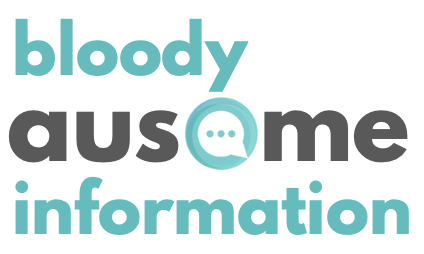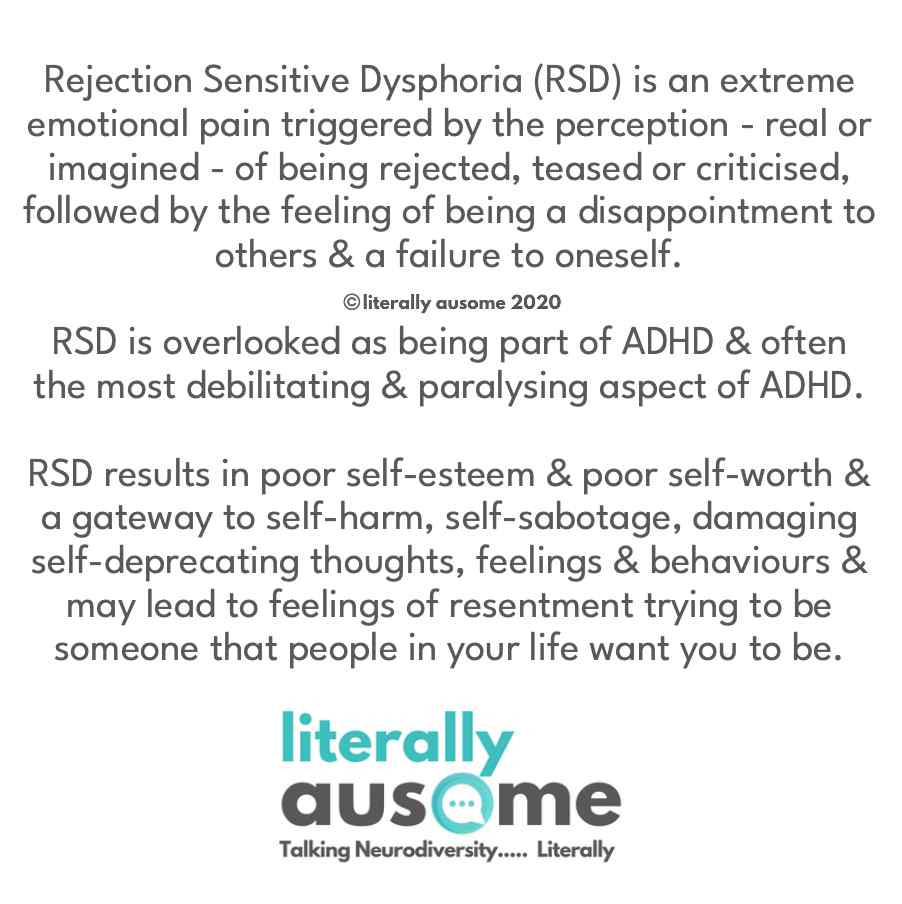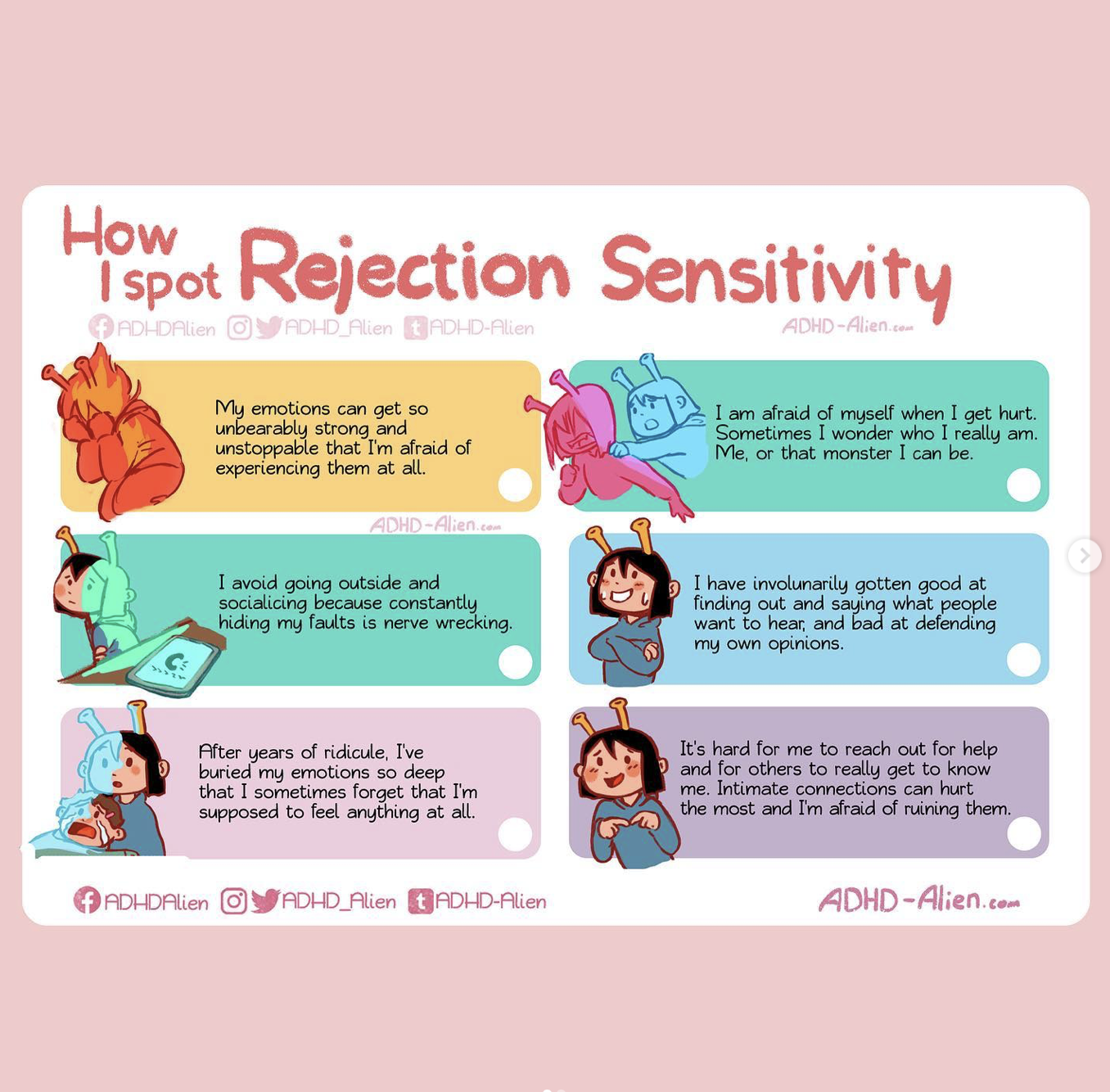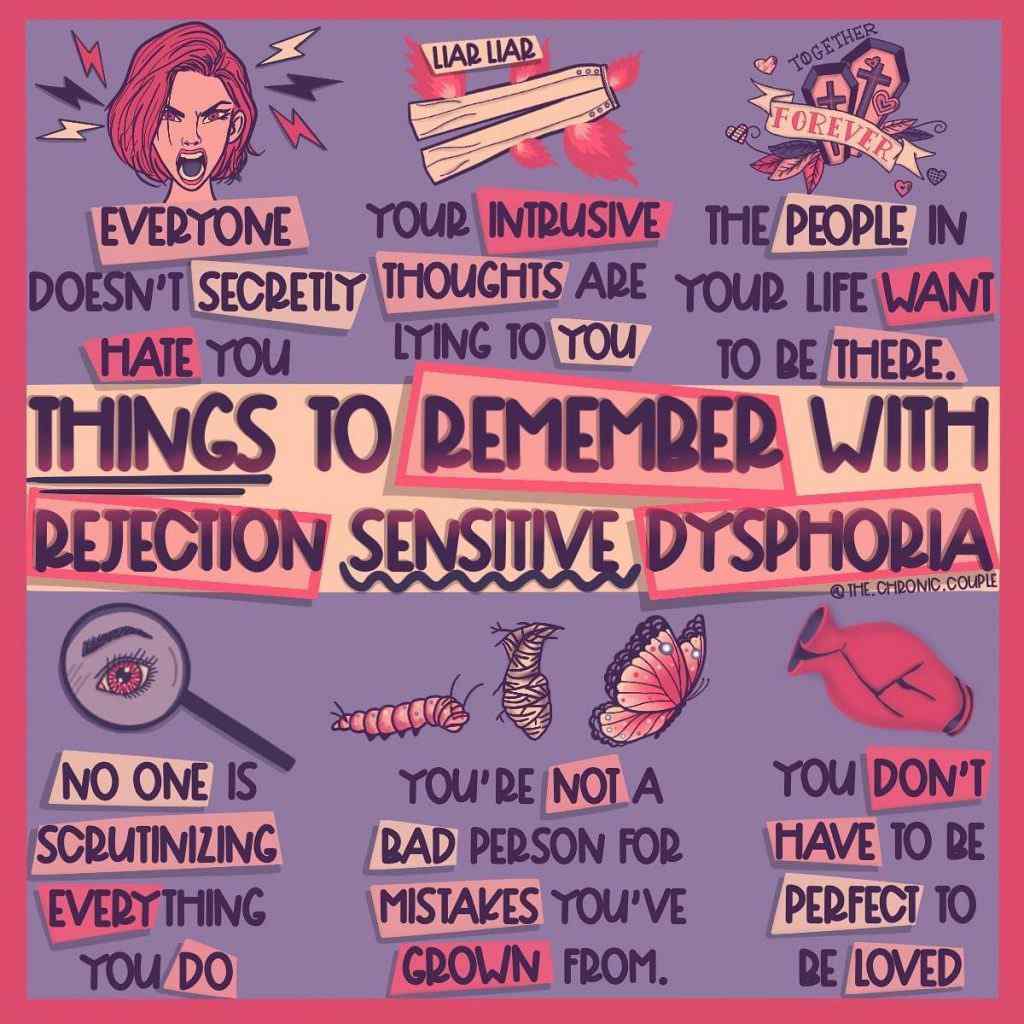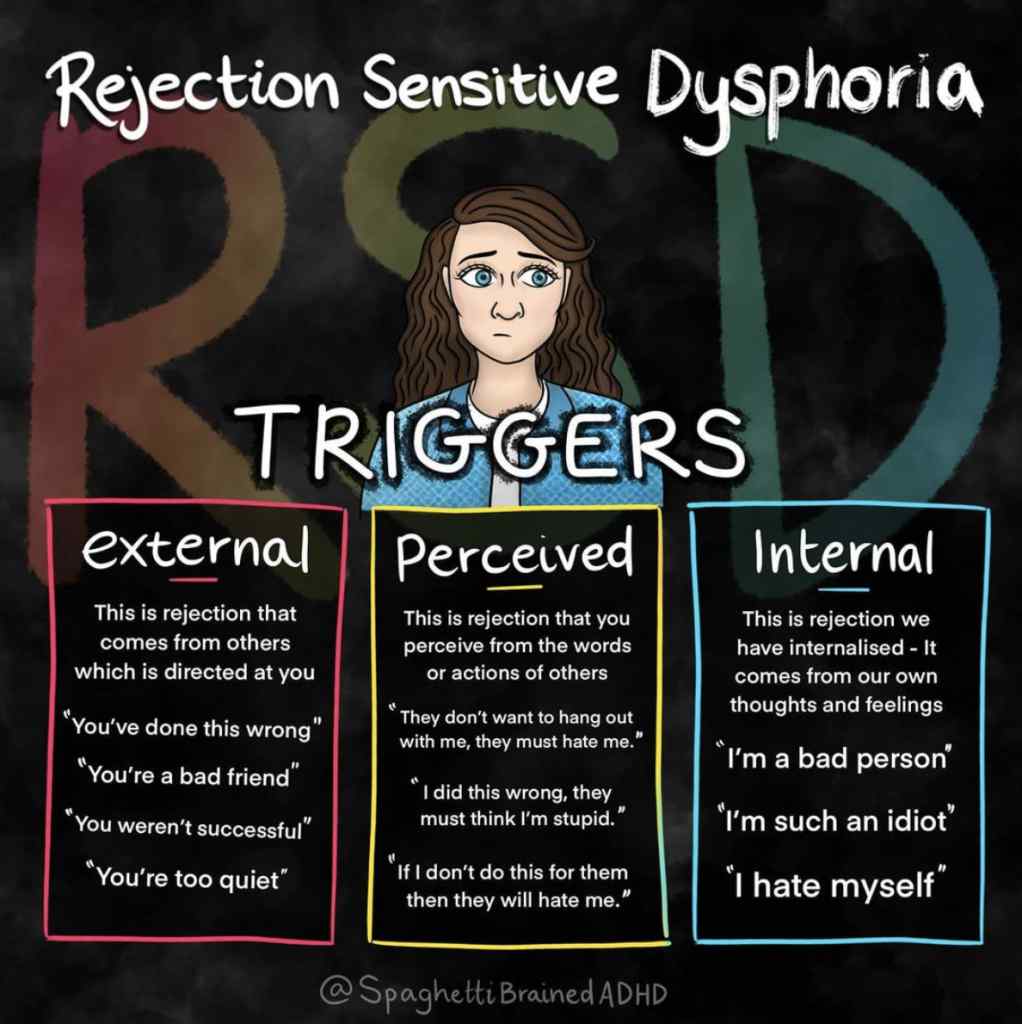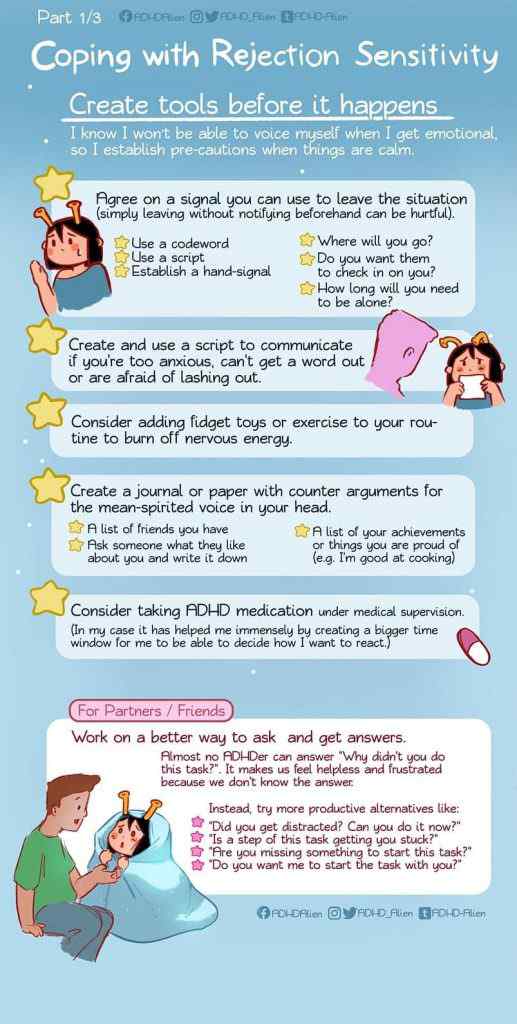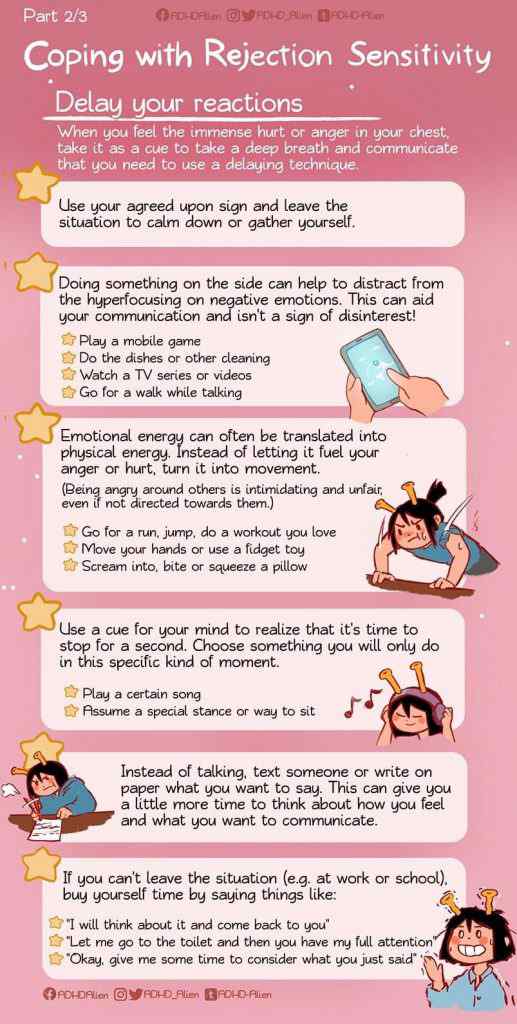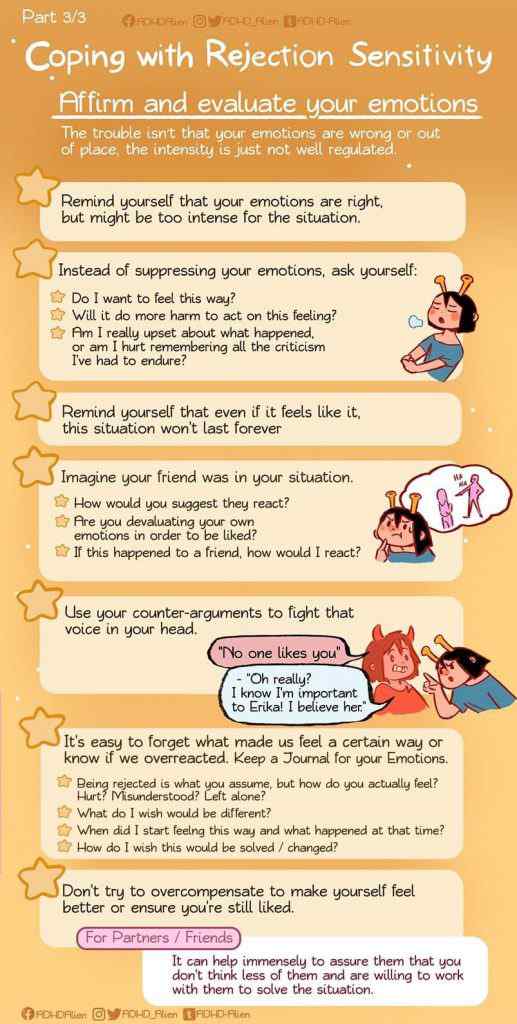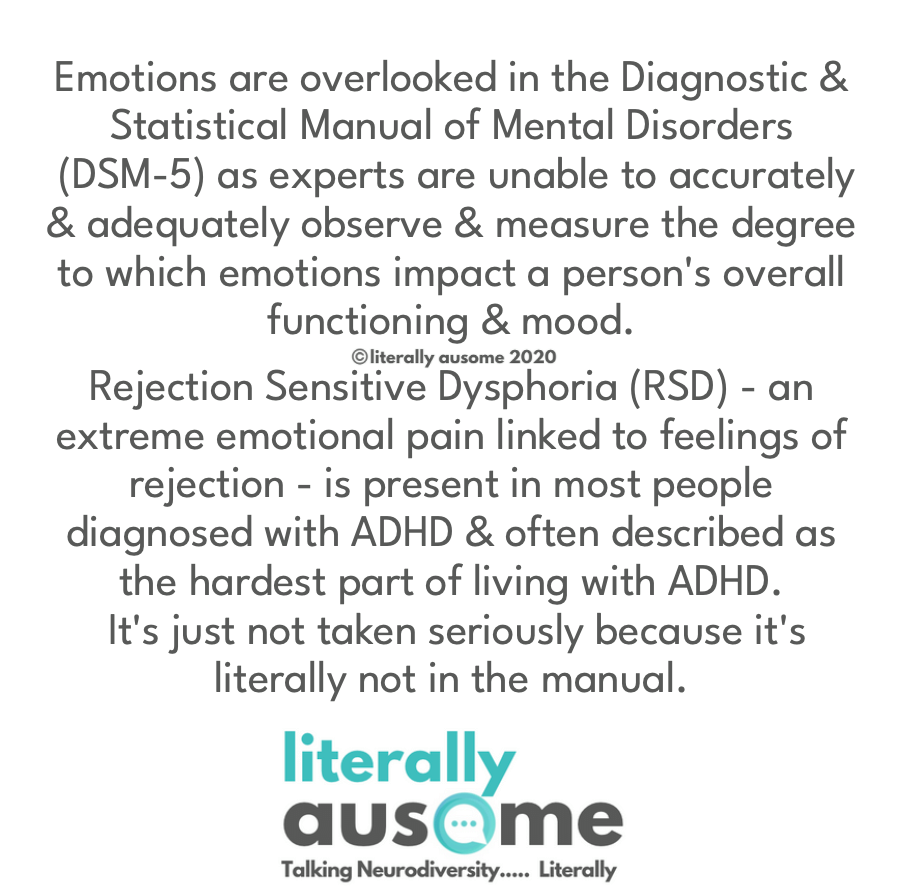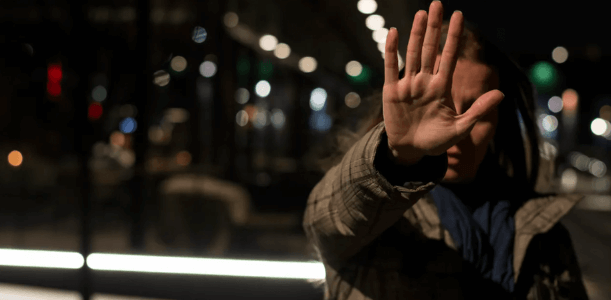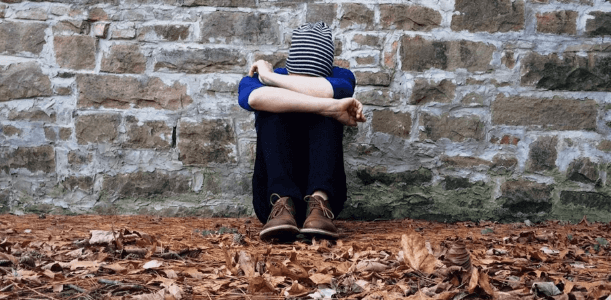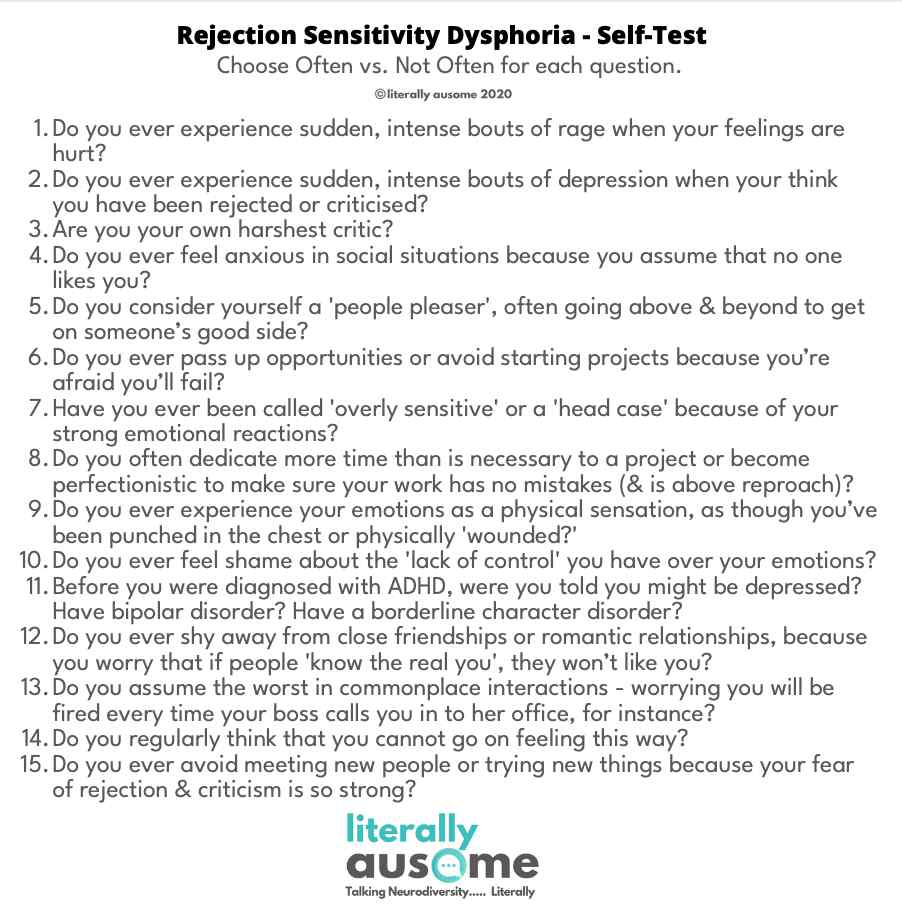Sections
What is Rejection Sensitive Dysphoria (RSD)?
Rejection Sensitive Dysphoria (RSD) is an excruciating fear of rejection; extreme emotional pain is linked to feelings of rejection and shame and is commonly associated with children and adults with ADHD.
At times, this is emotional pain is indescribable, other than to use the term 'unbearable', which is literally what the term 'Dysphoria' means, being Greek for 'unbearable'. It's literally emotional dysregulation.
RSD is the most unrecognised, ignored, overlooked or dismissed and can be the most debilitating part of ADHD, and therefore, doesn't get the exposure and recognition it deserves.
Source: @adhd_alien, 'How I Spot Rejection Sensitivity'
Source: @adhd_alien, 'How I Spot Rejection Sensitivity'

